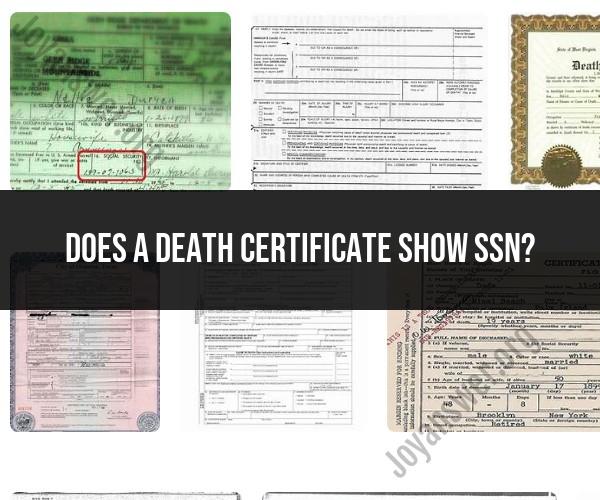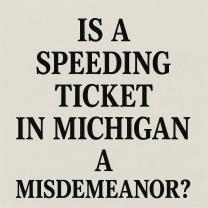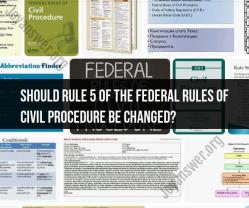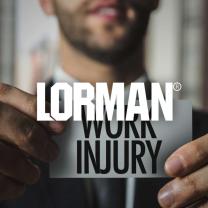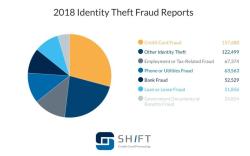Does a death certificate show SSN?
A death certificate typically does not display the deceased individual's full Social Security Number (SSN). Social Security Numbers are considered sensitive personal information, and privacy laws often restrict the public disclosure of full SSNs. However, the death certificate may contain some limited information related to the SSN, such as:
Last Four Digits: In some cases, the last four digits of the deceased person's SSN may be included on the death certificate, primarily for identification purposes.
Full SSN for Internal Use: In some situations, the full SSN may be provided on the death certificate for administrative or internal purposes, but this is not meant to be publicly disclosed.
Record Keeping: Government agencies, funeral homes, and other entities involved in the process of handling a person's death may keep records that include the full SSN. These records are generally kept confidential.
It's important to note that the extent of SSN information displayed on a death certificate can vary depending on the jurisdiction and the specific policies and regulations in place. In many cases, efforts are made to protect the deceased person's personal information and to limit access to the full SSN.
If you need a copy of a death certificate or specific information from one, you should contact the vital records office or agency in the state or jurisdiction where the death occurred. They can provide guidance on obtaining the necessary documents while adhering to privacy and legal requirements.
Information Included in a Death Certificate
A death certificate is an official document that records the death of a person. It is typically issued by the state or county in which the death occurred. Death certificates typically include the following information:
- The name, date of birth, and date of death of the deceased
- The cause of death
- The location of death
- The name and address of the funeral home or crematory
- The name and signature of the attending physician or coroner
Handling Personal and Sensitive Information on Death Certificates
Death certificates contain personal and sensitive information about the deceased, such as their name, date of birth, and date of death. It is important to handle death certificates with care and to protect the privacy of the deceased.
Here are some tips for handling personal and sensitive information on death certificates:
- Only access death certificates when necessary.
- Keep death certificates confidential.
- Do not share death certificates with unauthorized individuals.
- Destroy death certificates securely when they are no longer needed.
Accessing Death Certificate Records and Privacy Concerns
Death certificate records are typically public records and can be accessed by anyone. However, there are some restrictions on who can access death certificate records in certain states. For example, some states require that individuals provide proof of relationship to the deceased before they can access a death certificate.
There are a number of reasons why people might need to access death certificate records. Some common reasons include:
- To file a life insurance claim
- To settle an estate
- To obtain a passport
- To apply for Social Security survivor benefits
While death certificate records are public records, there are some privacy concerns associated with accessing them. For example, some people may be concerned about their personal information being shared with unauthorized individuals.
Restrictions and Regulations Surrounding Social Security Numbers
Social Security numbers are considered to be sensitive information and are subject to a number of restrictions and regulations. For example, it is illegal to sell or buy Social Security numbers. It is also illegal to use Social Security numbers for fraudulent purposes.
In some cases, it may be necessary to provide a Social Security number when accessing a death certificate record. For example, some states require that individuals provide their Social Security number in order to obtain a certified copy of a death certificate.
Privacy and Security Measures for Dealing with Death Certificates
There are a number of privacy and security measures that can be taken when dealing with death certificates. Here are some tips:
- Only access death certificates when necessary.
- Keep death certificates confidential.
- Do not share death certificates with unauthorized individuals.
- Destroy death certificates securely when they are no longer needed.
- If you need to provide a Social Security number when accessing a death certificate record, be sure to provide it only to authorized individuals.
By following these tips, you can help to protect the privacy and security of death certificates.
